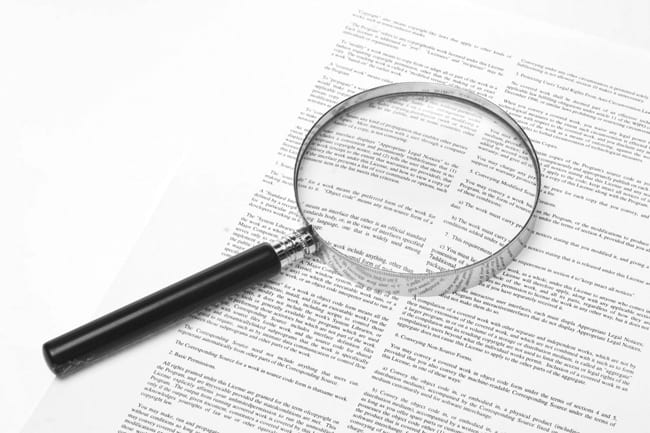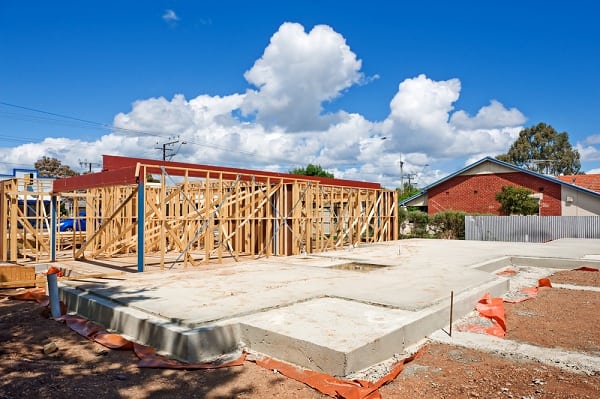
How Are Utilities And Rates Handled In A Conveyance?
November 8, 2023
Land Tax Is No Longer Apportionable (in most cases)
January 2, 2024Although trusts and superannuation funds are legal entities that pay tax, they cannot own property themselves directly. If a trust or superannuation fund wants to buy a property, it is purchased by its trustee(s). This means:
- The legal owner of the land is the trustee, whilst the beneficial owner(s) are the beneficiaries of the trust or superannuation fund.
- Only the trustee’s name is shown on the Certificate of Title, there is no reference to the relevant trust or superannuation fund.
- On the contract, the trustee is shown as the purchaser AS TRUSTEE FOR its trust or superannuation fund.
- If a superannuation fund wants to buy a property using borrowed money, the transferee must be a custodial or bare trustee acting in trust for the superannuation fund’s trustee (in accordance with the terms of the custodial trust deed and the no-recourse borrowing agreement). If the custodial or bare trustee does not purchase the property itself, then it must be nominated by the contract purchaser as the substituted purchaser before settlement.
- After settlement, a Notice of Trust Acquisition must be submitted to the State Revenue Office, this ensures that the trustee itself is not assessed for Land Tax as it is not the beneficial owner. Instead, the Land Tax assessment is issued to the relevant trust or superannuation fund.
For more information about trusts and superannuation funds buying property, please contact Glenferrie Conveyancing in Northcote on 03 9815 2351.






